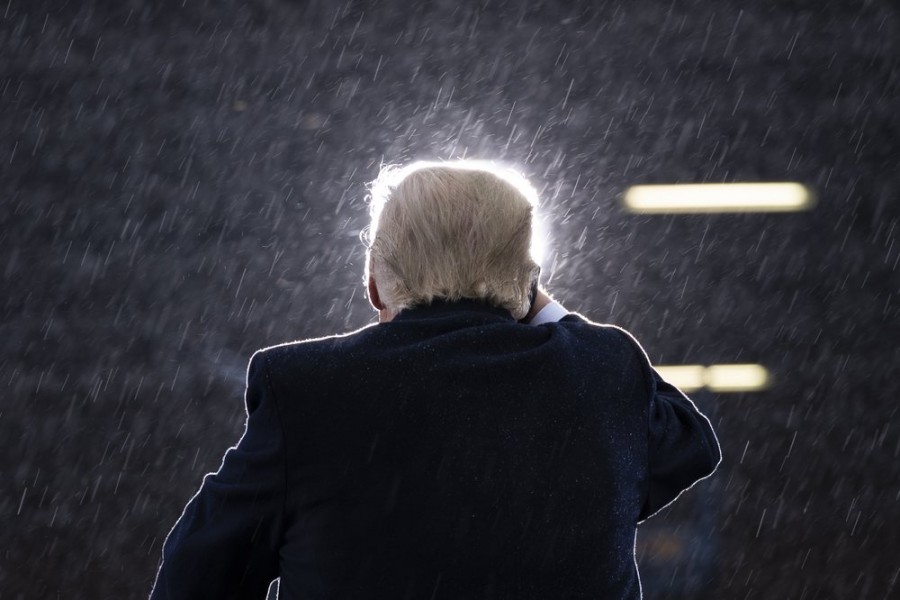Former US President Donald Trump is set to face a historic second impeachment trial in Senate next month after Democrats and Republicans agreed to delay the schedule by two weeks. Senate majority leader Chuck Schumer announced on Friday that the article of impeachment will be delivered and read out to the Upper chamber on January 25. The 100 members of Senate will be sworn in as jurors the next day and impeachment managers, as well as Trump’s defence team, will be given time to draft their legal briefs.
How the second impeachment trial could be different from the first?
When the Senate trial for Trump’s impeachment was held for the first time, the Republican leader was still in the White House. However, he now holds the dubious record of getting impeached twice and being the first president in the history of the United States to face trial after leaving the office. This also means that the Senate will enter into uncharted constitutional territory when the trial begins on February 9.
In December 2019, the House impeached Trump after several weeks of hearings on charges of "Abuse of Power" and "Obstruction of Congress" but the votes were almost entirely along partisan lines. In the aftermath of Capitol riots, however, the proceedings panned out a little bit differently as 10 Republicans joined Democrats to impeach Trump on the charge of “Incitement of Insurrection” within a week of the violence that left five dead.
House Speaker Nancy Pelosi has argued that this impeachment trial will be different from last time since the whole world witnessed “president's incitement and the violence that was used”. In the previous case, Trump administration was accused of withholding $400 million in military aid, approved by Congress and the Pentagon, to Ukraine and pressurising President Volodymyr Zelensky to launch an investigation into the then-presidential candidate Joe Biden and his son Hunter Biden. Trump had defended the call to Zelensky as “perfect”.
"I do see a big difference between something that we all witnessed versus what information you might need to substantiate an Article of Impeachment based on, large part, on a call that the president made and described as 'perfect’," said Pelosi.
On February 5, 2020, Trump was acquitted from the charges and Senator Mitt Romney was the only Republican member who voted to convict the president on one charge. Though the Democrats now control the Senate with 50 seats, at least two-thirds of the Senate have to vote in favour of removal.
It is highly unlikely that Democrats could muster support from 17 Republicans to convict Trump, especially when he no longer holds the office. Republican senator Ron Johnson from the state of Wisconsin has termed the trial unconstitutional and warned that it would set a very dangerous precedent.
“I believe an impeachment trial of a former president is unconstitutional and would set a very dangerous precedent. There is no provision in the Constitution for holding such a trial over a former president who is now a private citizen. Where would we get the authority to do so?” he tweeted.
Vermont senator Bernie Sanders of the progressive caucus had argued in the favour of Trump’s removal, saying a precedent should be set for future presidents. The septuagenarian leader had said that it must be made clear that no president can lead an insurrection against the US government.


